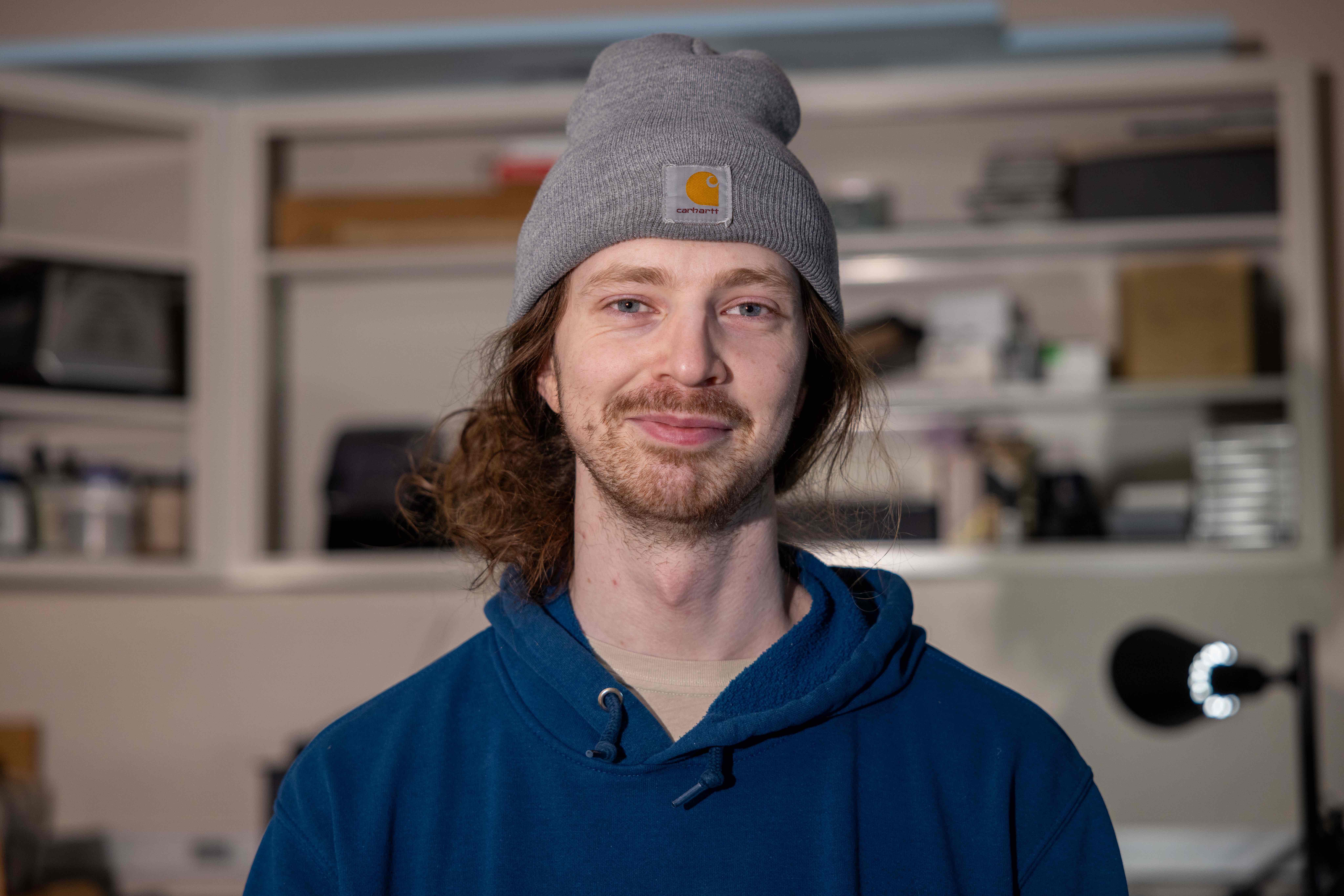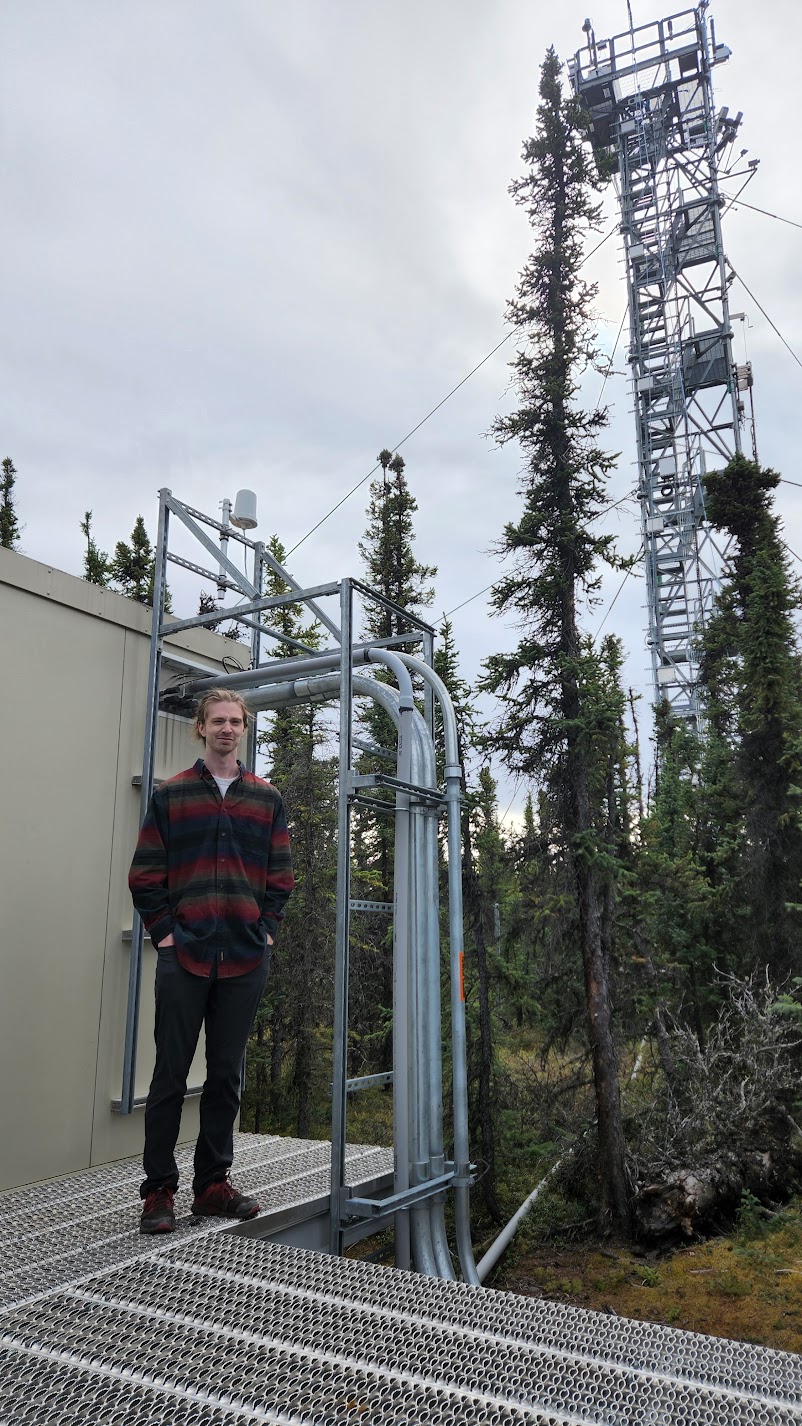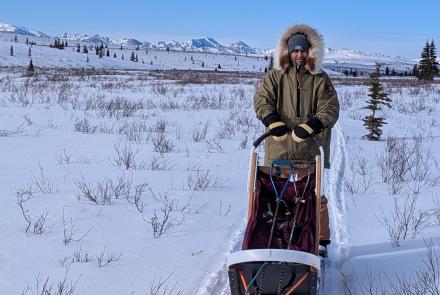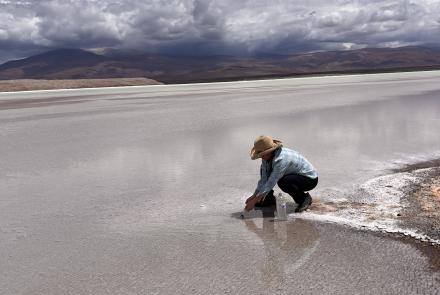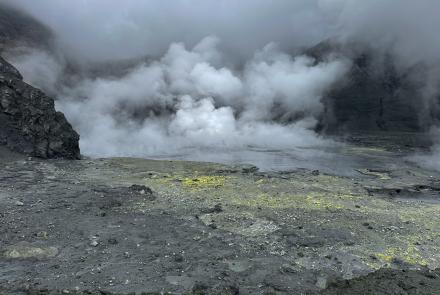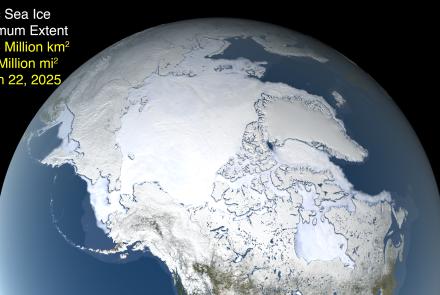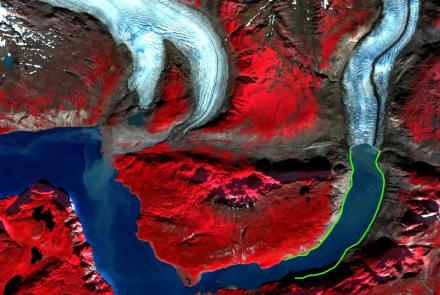
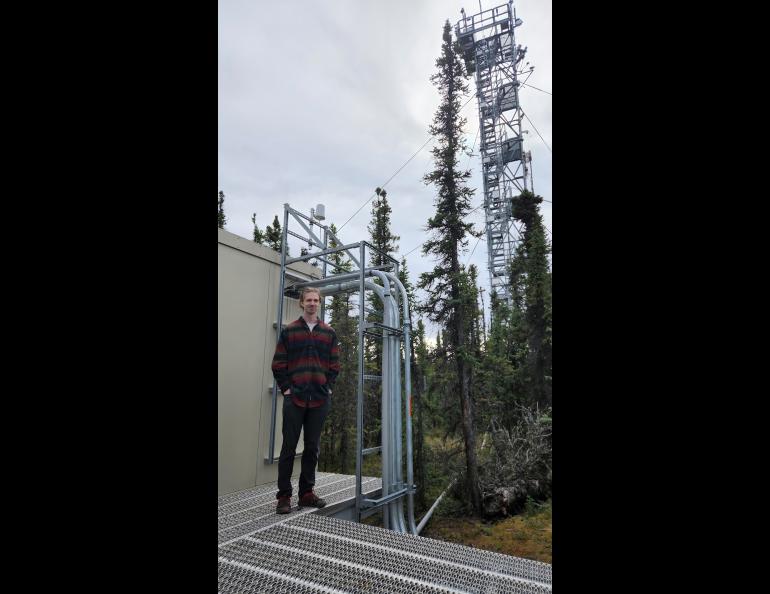
UAF student wins award from national chemistry organization
A University of Alaska Fairbanks graduate student researcher has been named one of 20 recipients nationally of a top award from the American Chemical Society.
James Campbell, a doctoral student at the UAF Geophysical Institute and College of Natural Science and Mathematics, will receive the 2025 Graduate Student Award in Environmental Chemistry.
Campbell has focused his research on Fairbanks wintertime air quality, which is among the nation’s worst due in part to the weak dispersion by wind of particulates from residential heating and vehicle use.
He was heavily involved in the 2022 Alaskan Layered Pollution and Chemical Analysis project, or ALPACA, which sought to improve understanding of how pollution behaves in cold and dark conditions and how the layered atmosphere affects pollution events.
Nearly 50 scientists from the U.S. and Europe came to Fairbanks for seven weeks of fieldwork.
“There’s a lot of interesting chemistry that happens in Fairbanks that doesn’t really happen in other places, especially in warmer places,” Campbell said. “And it feels good to know I’m helping understand the air quality issues here.”
Campbell’s research focuses on volatile organic compounds, carbon-based chemicals that evaporate rapidly in warm weather but linger in cold weather. That’s because the chemical reactions that normally break down these compounds slow down in cold weather, leading to accumulation in the environment.
These volatile organic compounds are found in many household and industrial products, including paints, solvents, cleaning supplies, adhesives and fuels.
The American Chemical Society is a nonprofit organization founded in 1876 that publishes more than 80 peer-reviewed journals. Readers and authors of its publications span more than 6,000 institutions in 75 nations.
Associate professor Jingqiu Mao of the UAF Geophysical Institute and UAF College of Natural Science and Mathematics, is Campbell’s adviser and nominated him for the award.
In his nomination letter, Mao wrote that Campbell is a “dedicated and innovative researcher” as demonstrated by publication of two first-author papers, one in Environmental Science & Technology and one in Science Advances.
“Both publications underscore his advanced analytical skills and his commitment to addressing complex environmental issues,” Mao wrote.
Mao also noted Campbell’s contribution to the ALPACA air quality campaign.
“As one of the main contributors, he has co-authored six additional publications resulting from this campaign, showcasing his expertise in translating complex field data into meaningful scientific insights alongside his two first-author papers,” Mao wrote.
Campbell’s work in the Atmospheric Science and Chemistry Measurement Network regarding aerosols in North America’s boreal forest was also noted. Mao wrote that Campbell was key in setting up instruments at the Delta Junction site and in establishing working relationships with students, postdoctoral fellows and professors from 14 institutions.
What does Campbell plan after finishing his third paper and receiving his doctorate? He’d like to become a postdoctoral researcher.
“I'm looking for opportunities, ideally outside of the country, just to see what's out there, and Japan is a big option,” he said, adding that his parents put him in a Japanese immersion program at an early age.
“I'm also looking at Finland, because we have some collaborators in Finland, and I was able to go there while taking a class.”
The American Chemical Society award is an exciting honor, Campbell said.
“It’s nice to be recognized.”
Format the contact(s) in this format. (Overwrite this text):
Rod Boyce, University of Alaska Fairbanks Geophysical Institute, 907-474-7185, rcboyce@alaska.edu
Mark Fahnestock, University of Alaska Fairbanks Geophysical Institute, 907-687-6371, mfahnestock@alaska.edu

